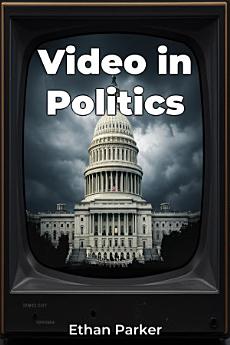Video in Politics
About this ebook
The book traces the historical evolution of video in politics, from early radio ads to sophisticated modern strategies, demonstrating how technology amplifies political messaging. It delves into the psychological impact of visual communication, explaining how emotional appeals can shape behavior. By exploring case studies and original data, the book offers a unique perspective on the challenges facing democracies in the digital age, emphasizing media literacy as a vital tool.
The book progresses by first establishing fundamental concepts, then examining historical developments, analyzing psychological impacts, and finally, considering ethical implications. This approach equips readers with the ability to critically assess political messaging and engage in informed democratic participation, making it valuable for students, researchers, and anyone interested in the intersection of film, television, and politics.








